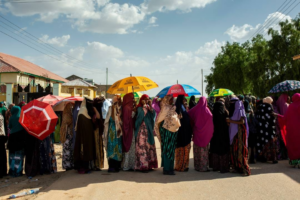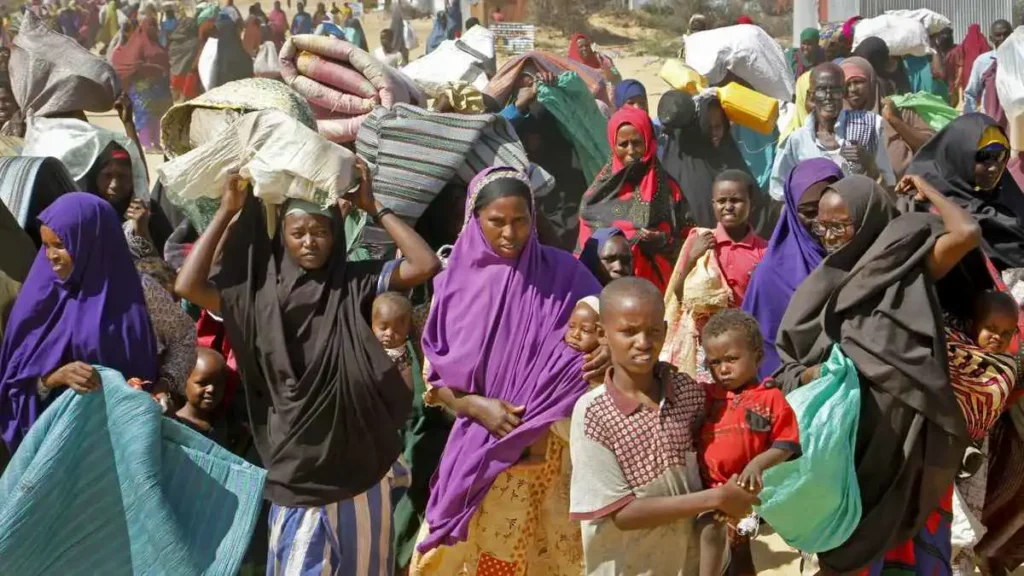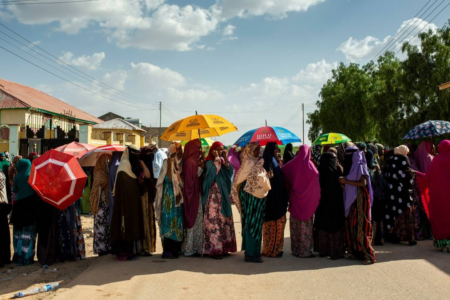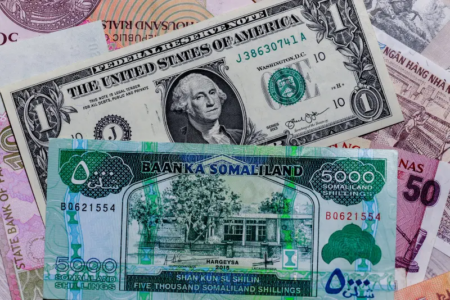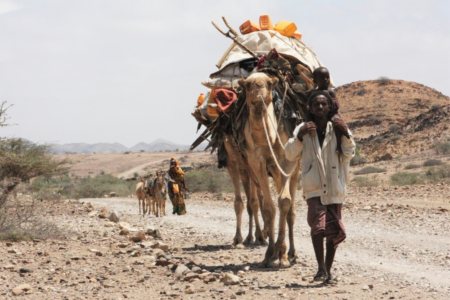A deadly wave of land disputes in Somalia’s capital has escalated into violence, leaving four civilians dead and exposing deep cracks within state institutions.
What began as an eviction operation in Horsed and Tarabunka neighborhoods quickly spiraled into armed clashes in Mogadishu between different security forces – even pitting the army against the police.
Public Land Sales Trigger Clashes in Mogadishu
Security forces reportedly attempted to evict residents under claims that the land had been put up for sale to wealthy buyers.
However, the operation soon turned violent when other military units intervened to defend civilians.
Critics accuse the government of President Hassan Sheikh Mohamud of illegally selling public land to elites and powerful business figures – a move opposition voices describe as “systematic looting of the nation.”
Land Disputes Rise Political Tensions
The controversy has shaken Somalia’s political scene.
Three former presidents – Sharif Sheikh Ahmed, Hassan Sheikh Qasim, and Mohamed Abdullahi Farmaajo – issued a rare joint statement denouncing what they called a “public auction of state property.”
They warned that such policies undermine public trust, violate the constitution, and risk pushing the country further into instability.
Adding to the pressure, nearly 100 Somali lawmakers also condemned the land sales, stressing that areas historically reserved for national institutions.
Such as Mogadishu’s National University and public schools, are being converted into private commercial projects.

Land as a Tool of Political Loyalty
Analysts argue that land in Somalia has become a political currency, used by the government to secure support from wealthy allies.
According to research by PeaceRep, public lands are being distributed to business elites loyal to the administration in exchange for financial and political backing.
This has sparked fears that public resources meant for development are instead being diverted into private hands – deepening inequality and fueling unrest.
Security Forces Turned Against Civilians
Perhaps the most alarming aspect of the crisis is the role of the military.
Instead of protecting citizens, reports suggest that the army has been deployed to forcibly evict poor families from their homes.
Former Prime Minister Hassan Ali Khaire condemned the practice, saying:
“It is heartbreaking that an army built to protect the people is now being used to displace the weak and poor.”
Rights groups also accuse senior government officials of being directly involved in the organized theft of state property, further eroding public trust.
A Growing Threat to Stability
Experts warn that these land disputes are not just legal or property issues but part of a larger governance crisis.
With over 3 million Somalis already displaced by conflict and drought, forced evictions and land grabs risk triggering another wave of internal displacement.
Moreover, the widening rift between citizens and the state could open the door for armed groups to exploit grievances and position themselves as alternative defenders of justice.
The Relation Between Fragility of Governance and the Clashes in Mogadishu
Somalia’s land crisis highlights more than disputes over ownership – it reflects the fragility of governance, accountability, and the rule of law.
The selling of public land to wealthy elites not only strips ordinary Somalis of homes, schools, and livelihoods but also threatens national stability.
If unchecked, analysts warn, the country may edge closer to renewed civil conflict, with public land sales becoming the symbol of a deeper betrayal: the gradual selling of Somalia itself.


